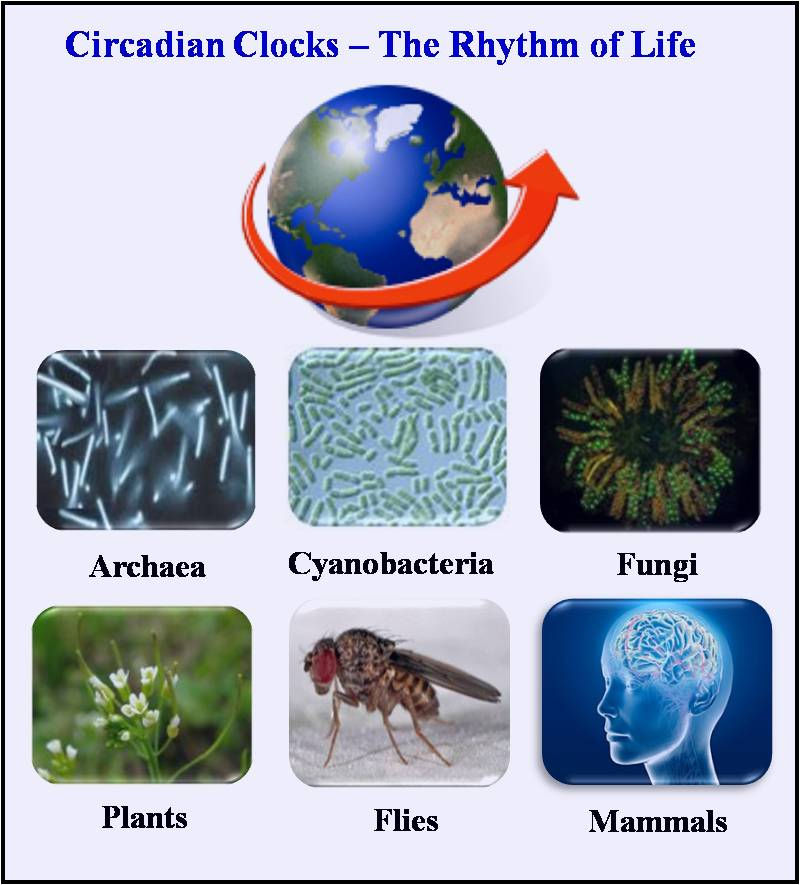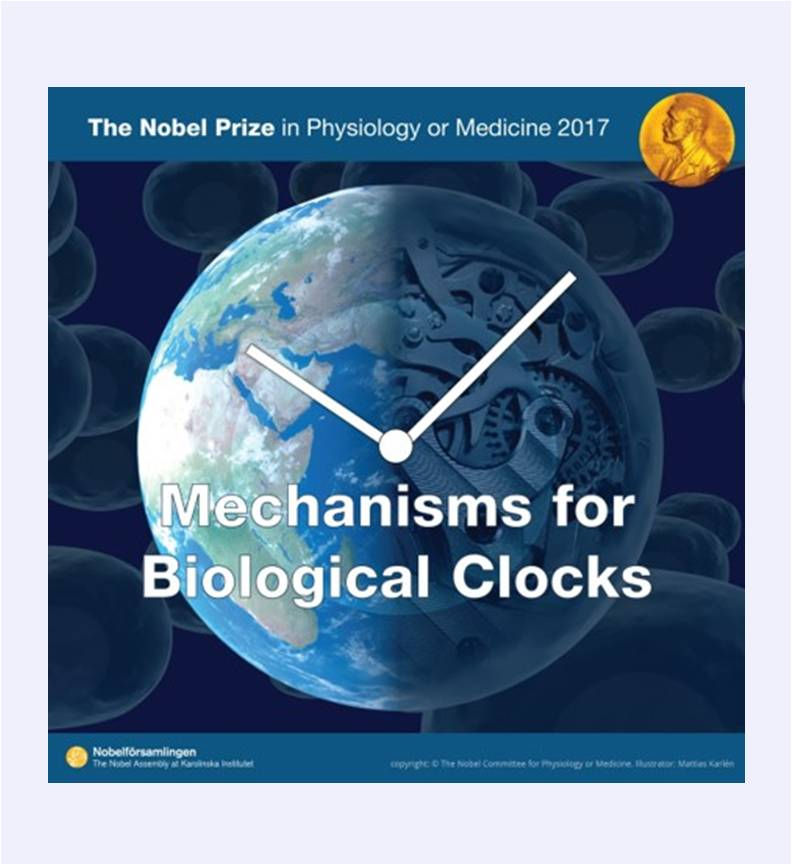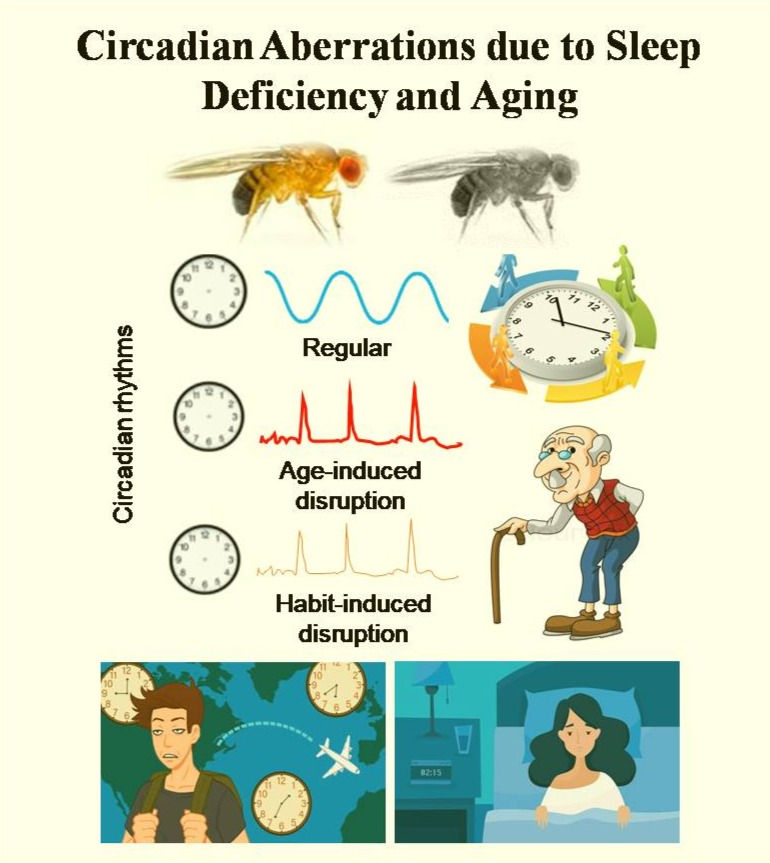Circadian Rhythms and Disease Biology Laboratory
Dr. Sandipan Ray

Welcome to the Ray Research Group Webpage
News and Announcements




Circadian (approx. 24 hour) clocks exist at almost all levels of life, from cyanobacteria, through plants, flies to higher mammals. Circadian clocks have extensive impacts on human health as they play a central role in coordinating daily physiological and behavioral processes. The 2017 Nobel Prize in Physiology or Medicine for the discoveries of molecular mechanisms controlling the circadian rhythms clearly emphasizes the immense significance of this field in healthcare. Consequently, a comprehensive understanding of circadian physiology and body clocks has profound implications in translational healthcare research. Our research group is focusing on disease-clock biology, sleep, and circadian medicine using cutting-edge multi-omics approaches. Integration of knowledge concerning circadian rhythms, sleep-wake cycles, and aging is imperative for unraveling the mysteries of biological cycles and their underlying mechanisms. We are intending to decipher how circadian clocks regulate innate and adaptive immune functions, and thereby the host responses towards infectious organisms (such as Plasmodium). An inclusive understanding of the temporal regulation of host-parasite interactions may open new opportunities for better prophylactic and therapeutic strategies. We are investigating how targeting clock components could be used to prevent or treat chronic diseases such as cancers. It is expected that circadian medicine will be a crucial aspect of healthcare research in the upcoming future. We are also carrying out systems-level studies to integrate biological clocks, sleep, and aging for the identification of molecular markers of sleep deprivation for effective management of sleep-related disorders.
